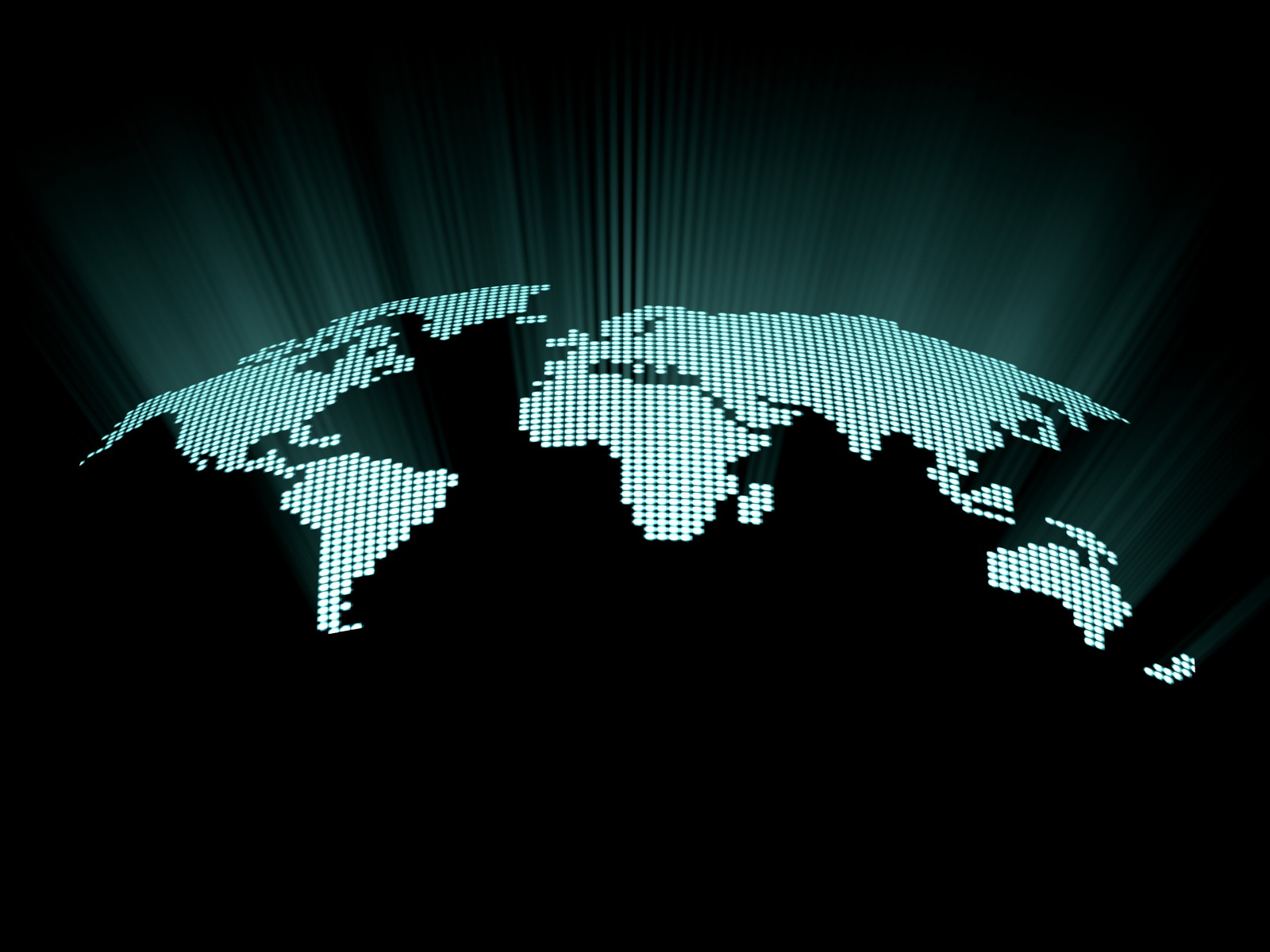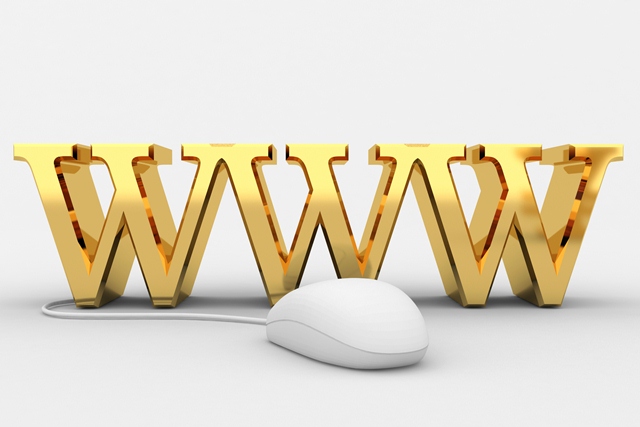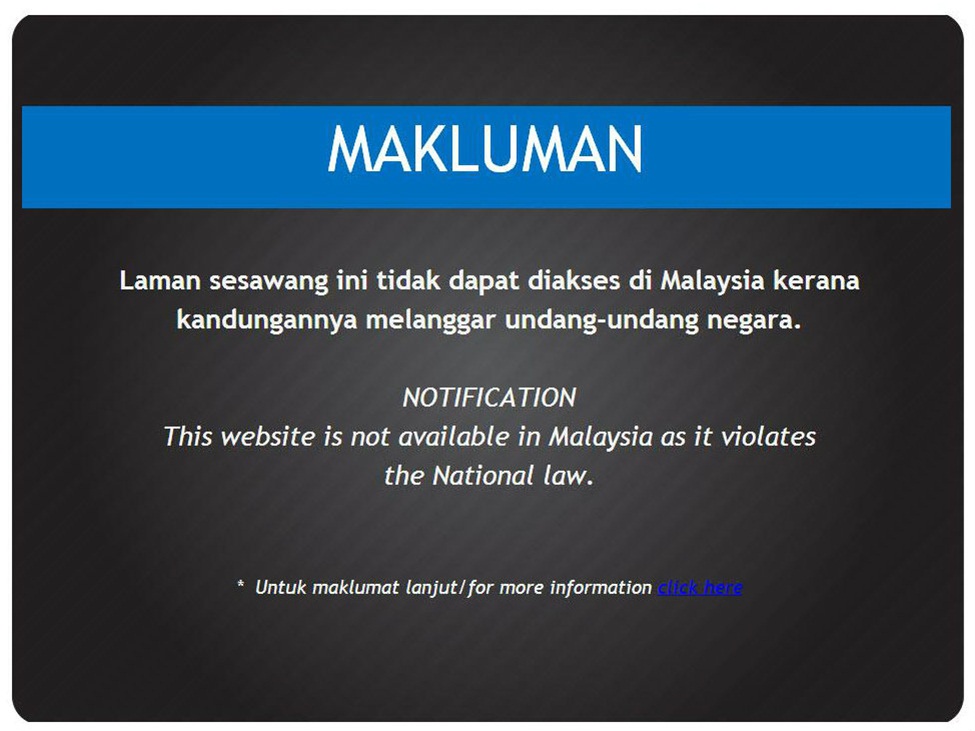
When it comes to the internet, many often wonder how much internet access is allowed or restricted to those in Malaysia. Well, according to findings from a report published by Freedom House, an independent watchdog organization dedicated to the expansion of freedom around the world, Malaysia falls under the ‘Partly Free’ category. The categories are divided into; ‘Free,’ ‘Partly Free’ and ‘Not Free.’ Countries such as South Africa, Argentina, Ukraine, the United States, Australia, Japan, United Kingdom and more, are categorised under ‘Free.’
Launch of Malaysia’s Multimedia Super Corridor

The internet has been a crucial medium to spread and gain information and to express ideas and opinions over the past decade. During the mid- to late 1990s, Malaysia’s then Prime Minister, Tun Dr Mahathir bin Mohamad, was amongst the first few world leaders who foresaw that the internet would play an immense role in the social and economic development of the country. This spot-on vision launched the Multimedia Super Corridor (MSC Malaysia) with incentives to attract ICT companies to set up base in Malaysia. One of the commitment made as part of the Malaysian Government’s promise was a ‘no-Internet-censorship’ policy that is protected in both the Communications and Multimedia Act 1998 and MSC Malaysia’s Bill of Guarantees.
Common Ways the Government Controls the Use of Internet

Fast forward over 20-years to today, you would have encountered at one time or another, the message “This website is not available in Malaysia as it violates the National law”. Malaysian Internet Service Providers have been forced to block access to websites containing pornographic, politics, file sharing and malicious content. In the last four years, Freedom House’s Freedom on the Net report gave Malaysia a ‘Partly Free’ status, ranking it behind countries such as Nigeria, Uganda, Indonesia, Tunisia and Malawi who are moving towards ‘Free’ countries.
The method of scoring used by Freedom House to determine which category a country fell under was based on laws and directives that restrict online speech, the number of arrests of individuals for online posting, intimidation against social media users and surveillance.
The report provides analytical reports and numerical ratings for 65 countries worldwide and lists these ten most common ways governments try and control use of the Internet:
- Blocking and filtering
- Cyberattacks against regime critics
- New laws and arrests for political, religious, or social speech online
- Paid pro-government commentators manipulating online discussion
- Physical attacks and murder
- Surveillance
- Takedown requests and forced deletion of content
- Blanket blocking of social media platforms
- Holding intermediaries liable
- Throttling or shutting down Internet and mobile services
You can read the full report (45 pages) by Freedom House here.
Read more:
















